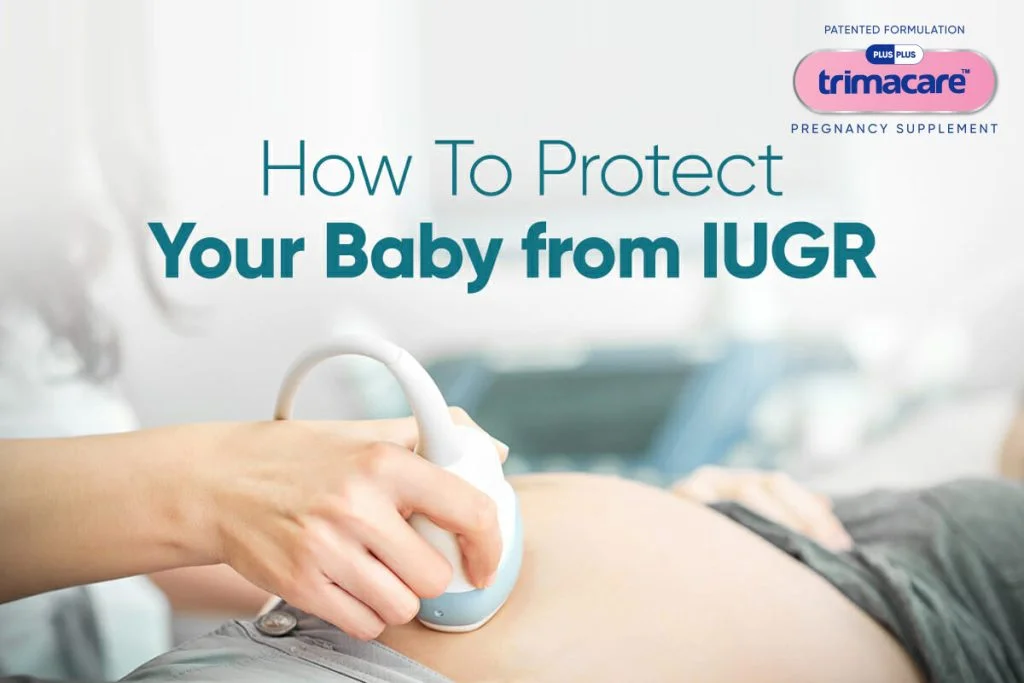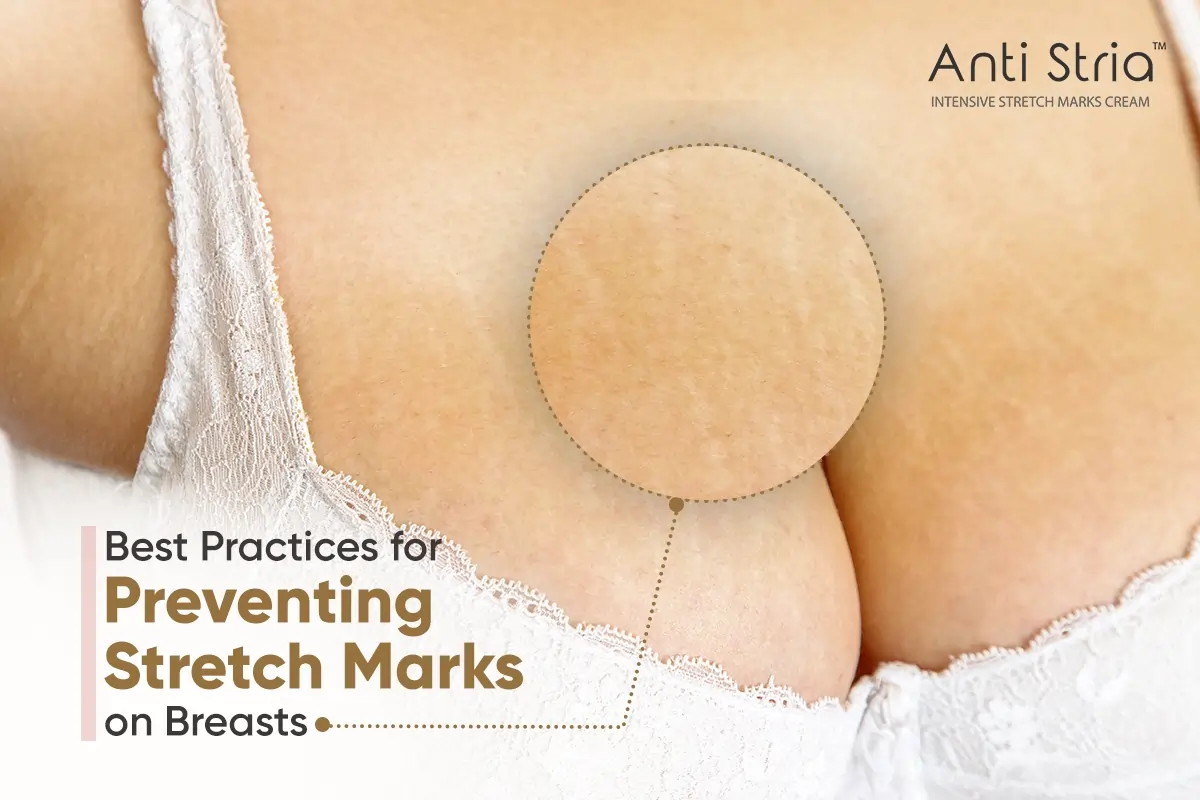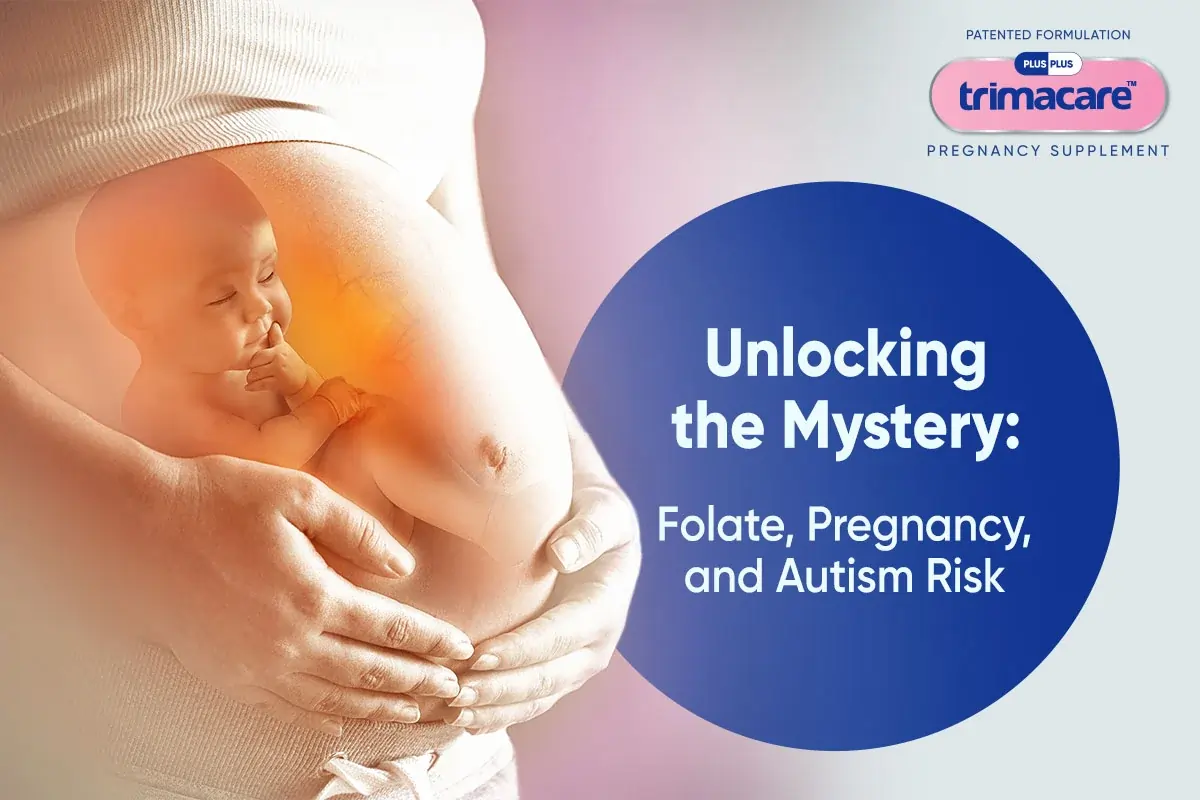Intra-Uterine Growth Restriction or IUGR is a common pregnancy complication and increases the risks of morbidity and mortality. Also commonly called small for gestational age or foetal growth restriction, in this condition, the foetus is smaller or less developed than normal for the foetus’ gestational age (age of the foetus) and gender, and the foetal weight is less than the 10th percentile for gestational age. If the baby is under 2,500g at birth, there is a likelihood for the baby to have IUGR.
Certain nutritional modifications, lifestyle changes, and precautionary measures can reduce the risk of IUGR. Multi Micronutrient deficiencies can also cause IUGR, hence supplementation with Multi Micronutrients along with Iron, Folate and Calcium according to the IFC model can help reduce IUGR occurrence in babies. Trimacare Prenatal Tablets provide 20 plus Multi Micronutrients including Iron, Folate, Calcium, Vitamins, Magnesium, and Omega 3s in one tablet eliminating the need to consume multiple prenatal vitamins during pregnancy. Trimacare Pregnancy Supplement is formulated according to ICMR and WHO guidelines under the guidance of expert doctors, nutritionists, and pharmacologists which makes them a trusted prenatal brand recommended by Indian Gynaecologists. Making sure your dietary needs are met and your lifestyle is conducive to a healthy pregnancy, you can minimize the chances of your baby developing IUGR.
IUGR is classified into two types
- Symmetric or Primary IUGR – All the baby’s internal organs are reduced in size. Symmetric or Primary IUGR is commonly due to chromosomal or genetic causes, early gestational uterine infections, and maternal alcohol use.
- Asymmetric or secondary IUGR – The head and brain are both normal in size, but the abdomen is smaller. Asymmetric or secondary IUGR is more commonly seen due to extrinsic causes during gestation such as Pre-Eclampsia, Chronic Hypertension, and Uterine Anomalies.
Causes of IUGR
IUGR has many causes, including maternal factors, uterine and placental factors, as well as foetal factors. The different causes for IUGR have been explained below.
- Maternal Causes
- Before Pregnancy –
- low pre-pregnancy weight
- small maternal size
- poor pre-conceptional nutritional status
- low socioeconomic status
- none or more than 5 births and recent pregnancy.
- During Pregnancy –
- Poor weight gain during pregnancy
- physical work
- chronic illnesses
- consumption of alcohol
- drug abuse, smoking
- pregnancy-induced hypertension
- decreased oxygen availability due to being in high altitude or having maternal anaemia.
- Uterine and Placental Factors–
- Inadequate placental growth
- uterine malformations
- decreased uteroplacental blood flow
- multiple gestations
- Fetal Causes–
- Familial genetic and chromosomal abnormalities
- Intrauterine infections
Diagnosis of IUGR
The gynecologist would be able to diagnose IUGR by using the following –
- Fundal Height – A simple and common way to diagnose IUGR, the fundal height of the uterus is measured by the gynecologist, which corresponds to the number of weeks in pregnancy after 20 weeks. A disparity of 4cm or more could indicate IUGR.
- Weight Checking – If the mother’s weight is not increasing as expected, the baby may have growth problems.
- Ultrasound – By measuring the baby’s head and abdomen with an ultrasound, and comparing the measurements with growth charts, an ultrasound can be used to diagnose IUGR.
- Doppler Assessment – doctors use Doppler assessment to check blood flow inside the umbilical cord, and vessels in the baby’s brain. An abnormal doppler test could be indicative of IUGR in baby.
Management of IUGR
The management of IUGR is done in the following ways –
- Maternal and foetal health is strictly monitored by the gynecologist if IUGR is diagnosed.
- Treatment of maternal diseases, good nutrition, and bed rest is recommended.
- If the foetus shows abnormal function, preterm delivery may be recommended by the doctor.
- Monitoring the foetus during delivery, and delivery at a health care centre equipped to handle obstetric and neonatal emergencies may be required.
Complications of IUGR
IUGR can cause many complications during pregnancy, delivery, and after birth. Some of these IUGR Complications are –
- Difficulty in vaginal delivery
- Low APGAR score (A test done immediately after birth to determine the health of the baby)
- Meconium aspiration (Inhalation of stools in the uterus that can lead to breathing problems)
- Low birth weight
- Hypoglycaemia (low blood sugar)
- High red blood cells count
- Low resistance to infections
- Difficulty in maintaining body temperature.
IUGR Prevention
There are several ways to minimize the risks of developing IUGR. Some of them are –
- Improving pre-conception care as well as inter-conception care of mothers.
- Improvement in diet and lifestyle of women have optimum weight and improve cardiovascular status.
- Diagnosis and Management of chronic diseases such as Diabetes, Anaemia and Hypertension before pregnancy.
- Including Pregnancy Supplementation for pregnant women. Micronutrient Deficiencies increase the chances of Low Birth Weight, Pre-Term Birth and IUGR babies. Trimacare Prenatal Pills provide the pregnant lady with not just Iron, Folate, and Calcium according to IFC model, but also Multi Micronutrients according to the MMN Model.
Take Away
IUGR is a dangerous pregnancy complication, hence making sure that you are minimizing the risk factors for it goes a long way. The right prenatal supplements, diet, and lifestyle can help you protect your baby from IUGR, allowing you to have a stress-free pregnancy.













